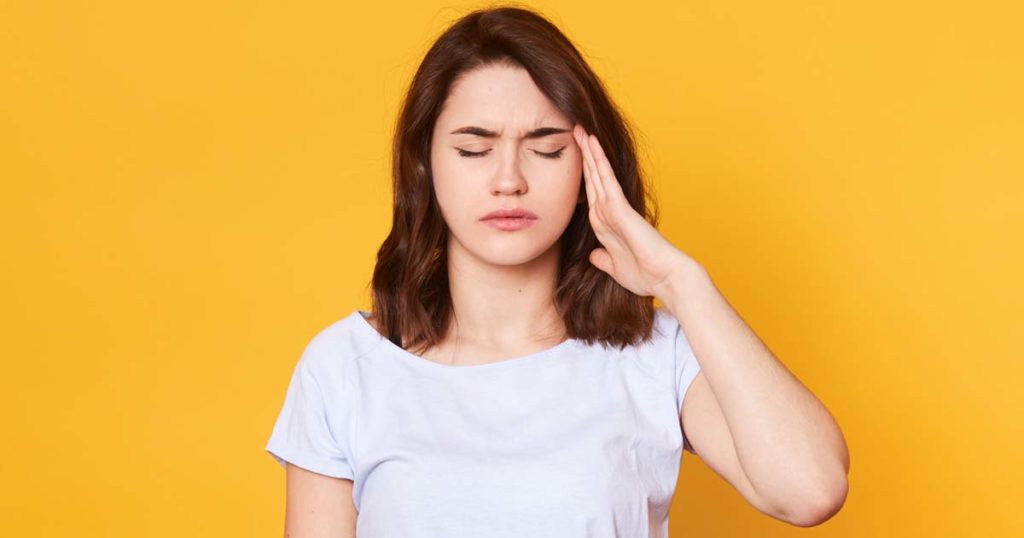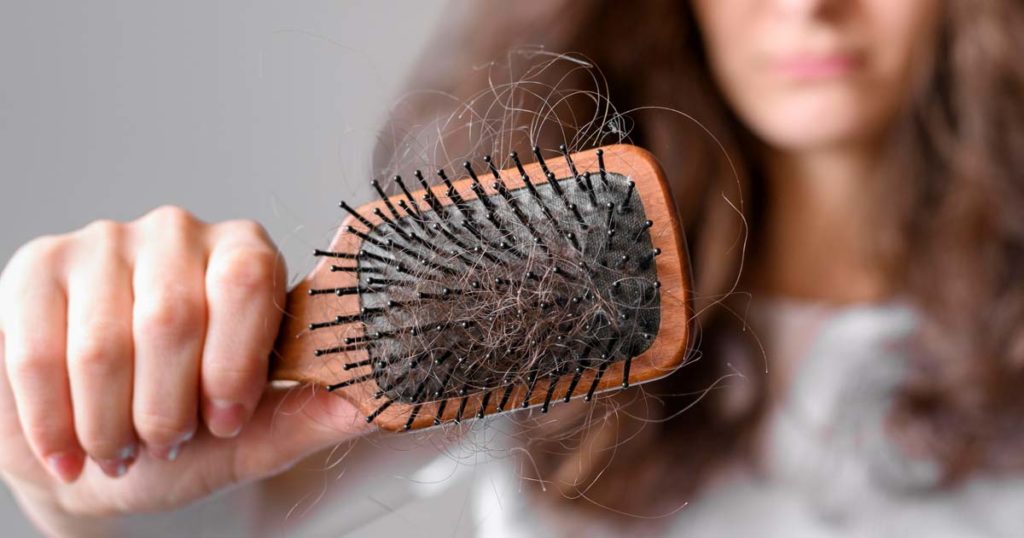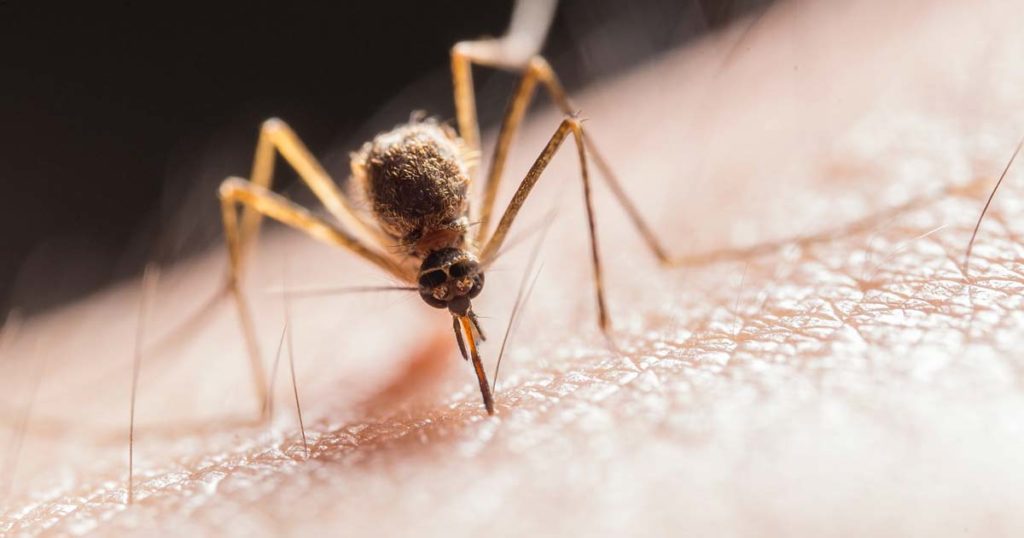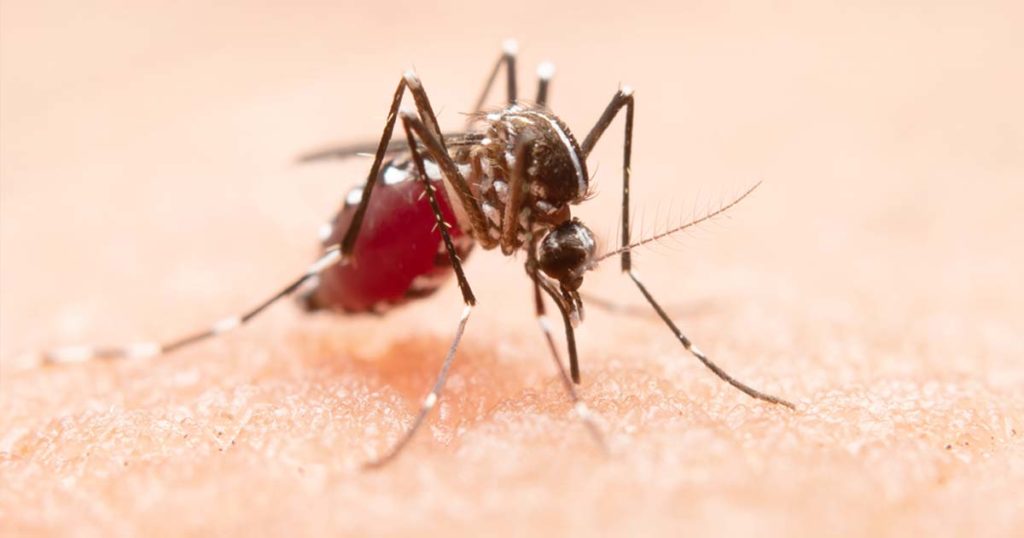Treating Migraines Without Drugs
For the 29.5 million Americans who suffer from migraine headaches (National Headache Foundation), finding a suitable and soothing remedy is no laughing matter.
Symptoms of a migraine include a throbbing or pulsating headache, sometimes on one side of the head, sensitivity to light and sound, visual disturbances, nausea, and even vomiting.
In addition to suffering through migraine symptoms, migraine sufferers can find themselves incapable of carrying out simple daily tasks at home and at work.
According to the recent American Migraine Study:
– School and/or work productivity was diminished by a minimum of 50 percent for more than half of migraine sufferers.
– Housework productivity was also diminished by at least 50 percent for two-thirds of migraine sufferers.
Although there are some known migraine triggers, and each migraine sufferer may be aware of his/her own triggers, sometimes it is impossible to stave off the debilitating headache and symptoms of a determined migraine. Unless you have severe migraines and a doctor has prescribed you medication, or you are taking OTC drugs, you may want to consider natural remedies for migraine symptoms.
Natural Migraine Remedies
There are times when taking prescription medicine or OTC drug is not right for you. Here are some natural migraine remedies you may want to try the next time a migraine starts throbbing in your head.
1. Sleep – When you have a migraine, the best thing to do is sleep. Find a way to get into bed, close the shades and the door, turn off all lights, turn off the television and the radio, and even turn your glowing clock away from your field of vision. If you happen to be at work or at school when your migraine hits, find a quiet lounge or room where you can try to close your eyes and rest.
2. Use an Eye pillow – A comforting eye pillow, like the IMAK Eye Pillow, does more than block out light. The IMAK Eye Pillow is filled with tiny plastic beads and can be stored in the freezer. It is a wonderful relief for headaches and migraines.
3. Eat and Drink – Unless your migraine has made you too nauseous, you may try eating light and refreshing snack, like an apple or some ripe melon, and drinking some water or ginger ale.
4. Aromatherapy – Using aromatherapy to alleviate migraine symptoms can either work wonders for you or worsen your symptoms. It all depends on how sensitive you are to aroma, and how strong your sense of smell is during each individual migraine attack. Aromatherapy with peppermint oil may relieve migraine symptoms one time and not the next. You could try rubbing some essential oils, like the ones found in the Migrastick, lightly on your wrist (rather than your temples) when you have a migraine. The Migrastick contains peppermint and lavender essential oils, which may help soothe your migraine. Do not use this treatment if you are pregnant.
5. Natural herbs – Migraine sufferers may want to try butterbur (DoloMed, Petadolex, Petadolor) or feverfew to prevent migraines. Feverfew is sold under the brand names Tanacet and Tenliv and in addition to preventing migraines, it may lessen their severity. Do not use these herbs during pregnancy.
6. Riboflavin (B-12) – Ingesting a vitamin B-12 can decrease the length of a migraine headache and sometimes prevent the onset of a migraine.
7. Glucosamine – Glucosamine, a natural substance, may help in preventing migraines.
By avoiding your known triggers to migraines, it may be possible to diminish the frequency of your migraine headaches. Try natural remedies to alleviate symptoms or call your doctor if you need stronger medicine for migraine prevention or treatment.






